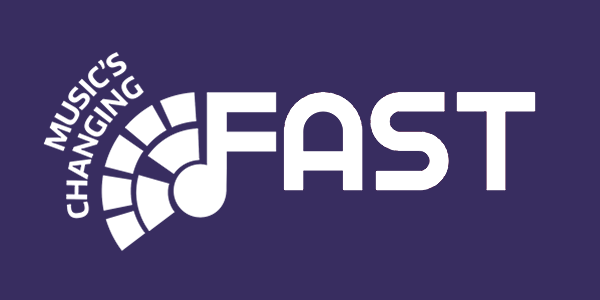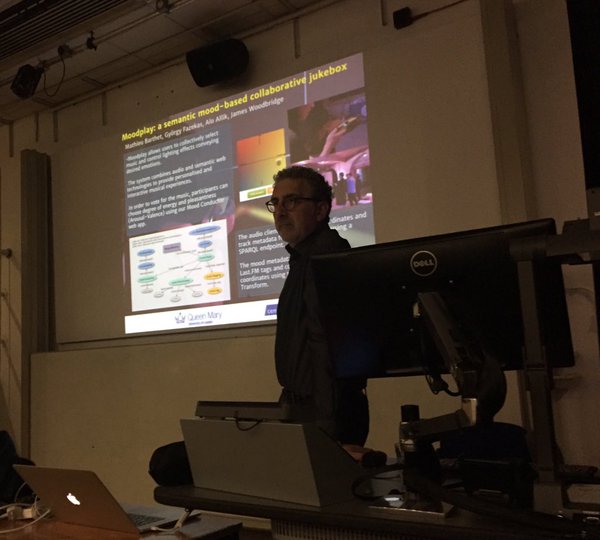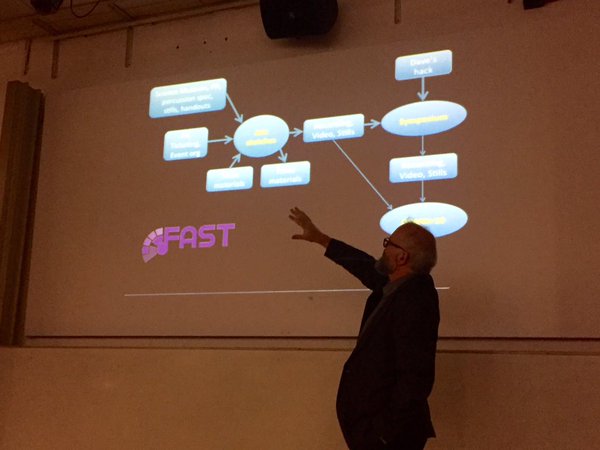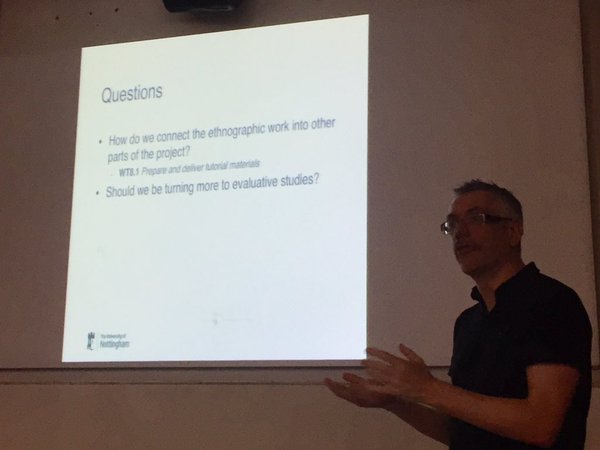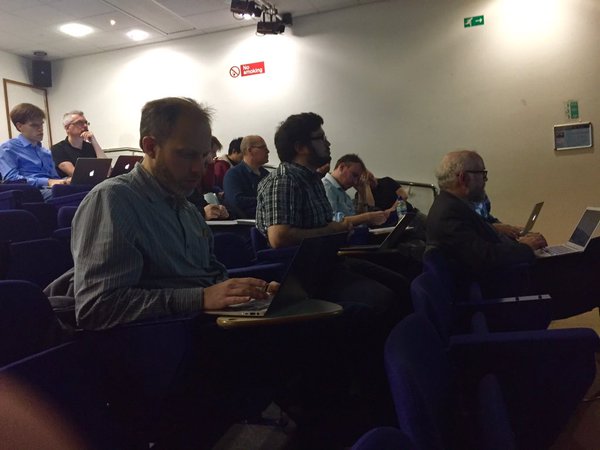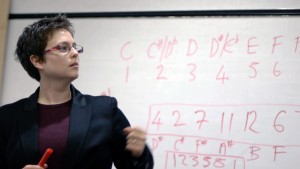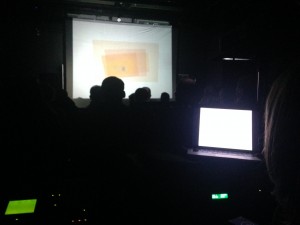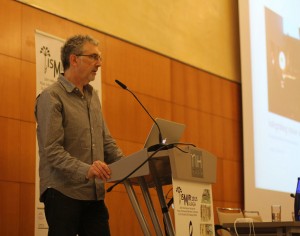by Steven Benford, Mixed Reality Lab, University of Nottingham
The turning of the year is always a time for reflection and for thinking of friends and family. So first of all, many thanks to everyone who met and played Carolan in 2015 and contributed to its growing story. It’s certainly been an eventful year. Looking back to the now distant Summer, one key event that we haven’t covered to date was Carolan’s Open Mic session at Foundation for Art and Creative Technology (FACT) in Liverpool.
Performing Data
This was part of a wider exhibition titled Performing Data that presented a series of artistic explorations of how data can be incorporated into live performance and that featured a series of thematically-link artworks including:
Open Mic
Alongside these works, Carolan hosted an Open Mic session that explored how data from its historical record might be interleaved with live performance. This featured an array of talented singers and players from around Liverpool including:
Jo Bywater
Jo Bywater’s last EP, Chasing Tales has been described as ‘delicious, laid back folk-tinged Americana’ and ‘unorthodox, uncompromising, simply brilliant’. Over the last few years she has been establishing her place in Blues, Americana, Folk and Roots music and has been compared to Janis Joplin, Alanis Morrissette and Ani Difranco. Chasing Tales was voted winner of FATEA Awards ‘Best EP/Mini Album/Single of 2013′ and in November 2014 Jo won Judges Award for her song ‘Riches to Rags’ at the Liverpool Acoustic Songwriting Challenge. In August 2015 Jo was a finalist in ‘Bluebird at the Bluecoat’ Songwriting Competition and invited to attend a songwriting masterclass with Nashville songwriters and Bob Harris.
Thomas McConnell
Since March 2012 when Thomas first started on Liverpool’s open-mic scene he has toured the UK with Glenn Tilbrook, China Crisis and Ian McNabb. He has also opened up for Squeeze, Difford & Tilbrook, Ian McCulloch & Ian Broudie, Steve Cradock and The Pretty Things. His eclectic sound is influenced by Rock/Pop of the 20th century in particular, Paul McCartney. He plays all his own instruments and writes and arranges every part on recordings.
Louise Quasie-Wood
Louise is Singer & Songwriter from West Yorkshire who is studying Music at the University of Liverpool.
Little Rivers
Little Rivers is the project of Belfast native Callum Cairns. After spontaneously releasing the ‘We, I’ EP in late 2012 with no prior recordings or gigs, a storm of critical interest quickly followed. Support slots with artists such as Soak and Rams’ Pocket Radio unveiled delicate and emotionally-drenched songs that quietly stunned audiences around Ireland over a set of sporadic live dates.
All We Are
All We Are are a global gathering made up of Ireland’s Richard ‘O Flynn (drums, vocals), Norway’s Guro Gikling (bass, vocals) and Brazil’s Luis Santos (guitar, vocals), who met at university in Liverpool. A total democracy, the band writes all music and lyrics together. Inspired by a shared love of hip-hop and soul music, Guro calls their sound “psychedelic boogie”.
Interleaving live performance with recordings from the archive
The frequent change over of artists that is part and parcel of an Open Mic session presented an opportunity to explore a format in which live performances were interleaved with various recordings that were recalled from Carolan’s archive to create something of a conversation between live and recorded materials. As with previous events, this required us to create a new mapping between Carolan and various digital materials that was specific to this event, in this case connecting our guitar to the programme for the event, performer’s bios and websites and the playlist of curated videos. Building on the examples from recent Carolan Guitar blog posts 50 and 51, this further cements the idea that the mapping between Carolan and its digital record needs to be both tailorable and also highly contextual.
At the same time, our open mic session generated a suite of new recordings to be added to Carolan’s archive and possibly incorporated into future events, for example open mic sessions in other venues and cities. Here’s Jo Bywater playing her composition Riches to Rags. Jo describes how the song was inspired by a painting. In a similar vein, she commented on the storytelling potential of Carolan. “Every now and then a really unique experience pops up and this was one of them. The guitar itself is very beautifully made and a real talking point. I’m also a big fan of stories, so the fact that the guitar has travelled and been played by many, as well as logging all the details within it at a scan is all amazingly interesting. A network and a story. It was great to meet Steve and have the opportunity to ask geeky questions about the build and the fret markers.”
As a final note, we also created a series of drinks coasters that were decorated with Carolan’s patterns as a way of projecting the instrument’s presence around the venue so that audience members could also scan the guitar from afar to learning more about its history and our performers.
So many thanks to all our players and also to FACT for hosting us. And thanks once again to everyone who has contributed to the project this past year. We wish you all a very happy and musical New Year!
